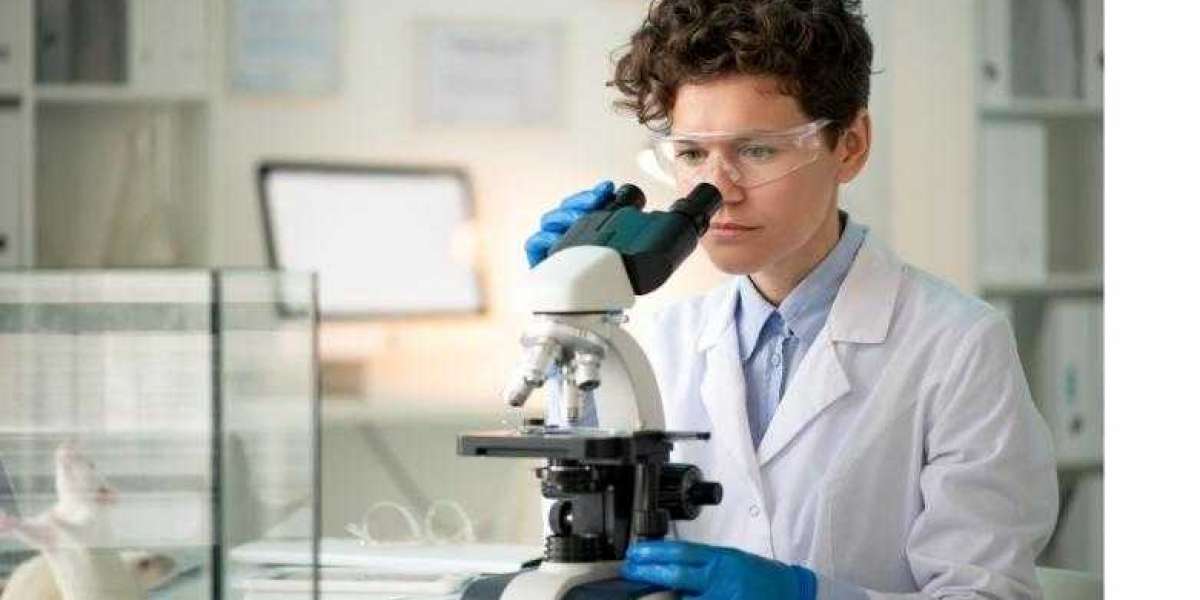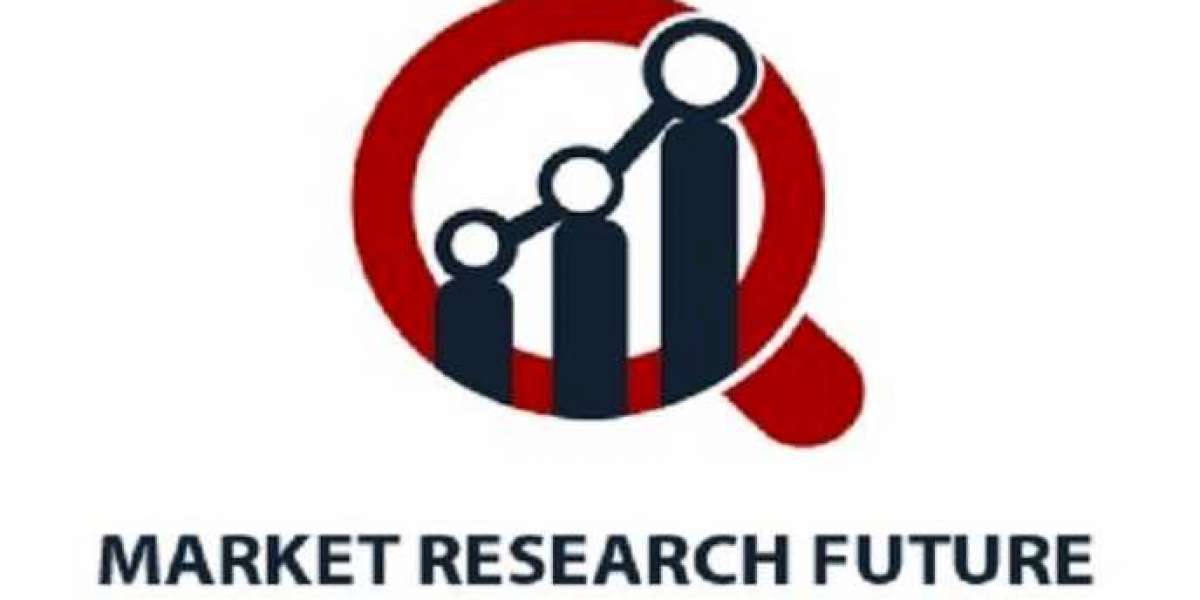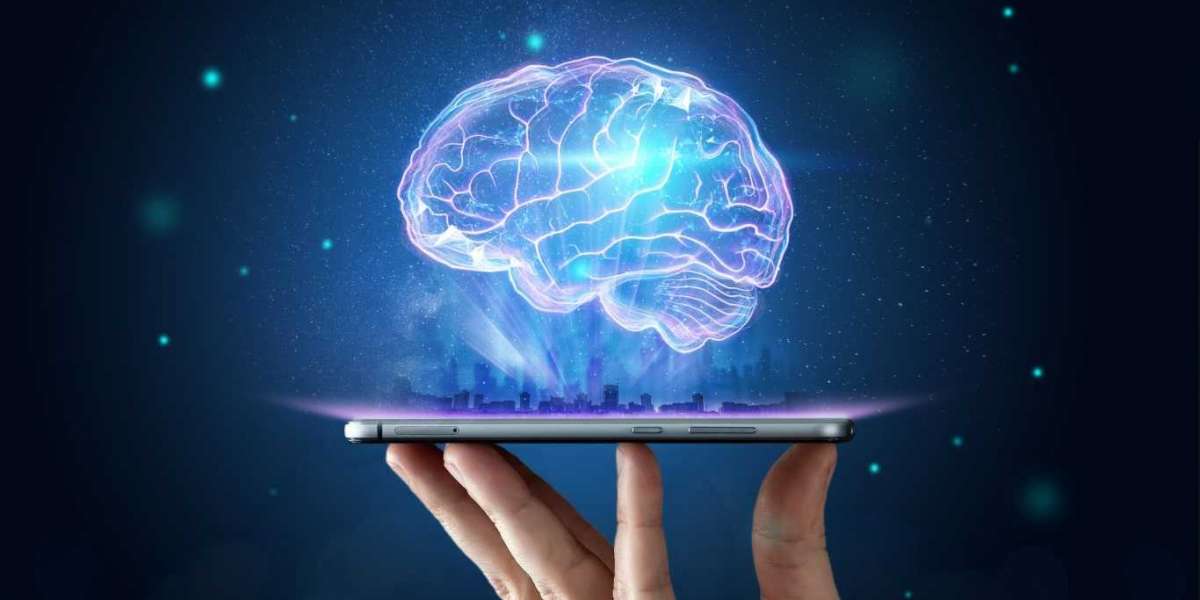An antibody discovery service is a specialized offering provided by biotechnology and pharmaceutical companies to identify and develop novel antibodies for use in research, diagnostic, and therapeutic applications. These services leverage advanced technologies and methodologies to screen, identify, and optimize antibodies that can target specific antigens with high specificity and affinity. Let's delve into the components of an antibody discovery service and its contributions to the fields of biomedicine and biotechnology.
Components of an Antibody Discovery Service:
Target Identification and Validation: The process begins with the identification and validation of a biological target (usually a protein) associated with a disease or pathological condition. Target validation involves confirming that modulation of the target can influence the disease process, making it a viable candidate for antibody therapy.
Antibody Generation: Once a target is validated, various platforms and technologies are employed to generate antibodies that specifically bind to the target. Techniques such as phage display libraries, hybridoma technology, and transgenic animals capable of producing fully human antibodies are commonly used. Each method has its advantages and is selected based on the project's requirements and the desired characteristics of the final antibody product.
Screening and Selection: After generating a pool of antibodies, high-throughput screening methods are used to identify candidates with the best binding affinity and specificity to the target antigen. This step often involves techniques like ELISA, flow cytometry, and surface plasmon resonance (SPR).
Characterization and Optimization: Selected antibodies undergo further characterization to assess their binding kinetics, epitope specificity, functional activity, and cross-reactivity. Based on these assessments, antibodies may be engineered to improve their efficacy, stability, solubility, and to reduce immunogenicity. Techniques such as antibody humanization and affinity maturation are commonly applied at this stage.
Preclinical Development: Promising antibody candidates are then advanced into preclinical development, where they are subjected to in vitro and in vivo studies to evaluate their safety, efficacy, pharmacokinetics, and pharmacodynamics. These studies are critical for regulatory submissions and for progressing to clinical trials.
Contributions to Biomedicine and Biotechnology:
Accelerated Drug Discovery: Antibody discovery services significantly accelerate the process of identifying potential therapeutic antibodies. By leveraging high-throughput and precision technologies, these services streamline the early stages of drug discovery, bringing promising candidates to the forefront more rapidly.
Personalized Medicine: The specificity of antibodies makes them ideal candidates for personalized medicine approaches. Antibody discovery services contribute to the development of targeted therapies that can be tailored to individual patients based on their genetic makeup and disease pathology, enhancing treatment efficacy and reducing side effects.
Disease Understanding and Management: Through the identification of novel targets and the development of corresponding antibodies, antibody discovery services contribute to a deeper understanding of disease mechanisms. This knowledge can inform the development of diagnostic tools, therapeutic strategies, and preventive measures, advancing overall disease management.
Innovation in Treatment Modalities: Antibody discovery services are at the forefront of developing innovative treatment modalities, such as antibody-drug conjugates (ADCs), bispecific antibodies, and CAR T-cell therapies. These advanced therapeutic options offer new hopes for treating various cancers, autoimmune diseases, and other conditions that have been challenging to manage with traditional therapies.
In summary, antibody discovery services play a pivotal role in the advancement of biomedicine and biotechnology, offering a pathway to rapidly identify and develop novel antibodies for research, diagnostics, and therapeutics. Through these services, the potential of antibody-based therapies continues to expand, promising new and improved treatment options for patients worldwide.









